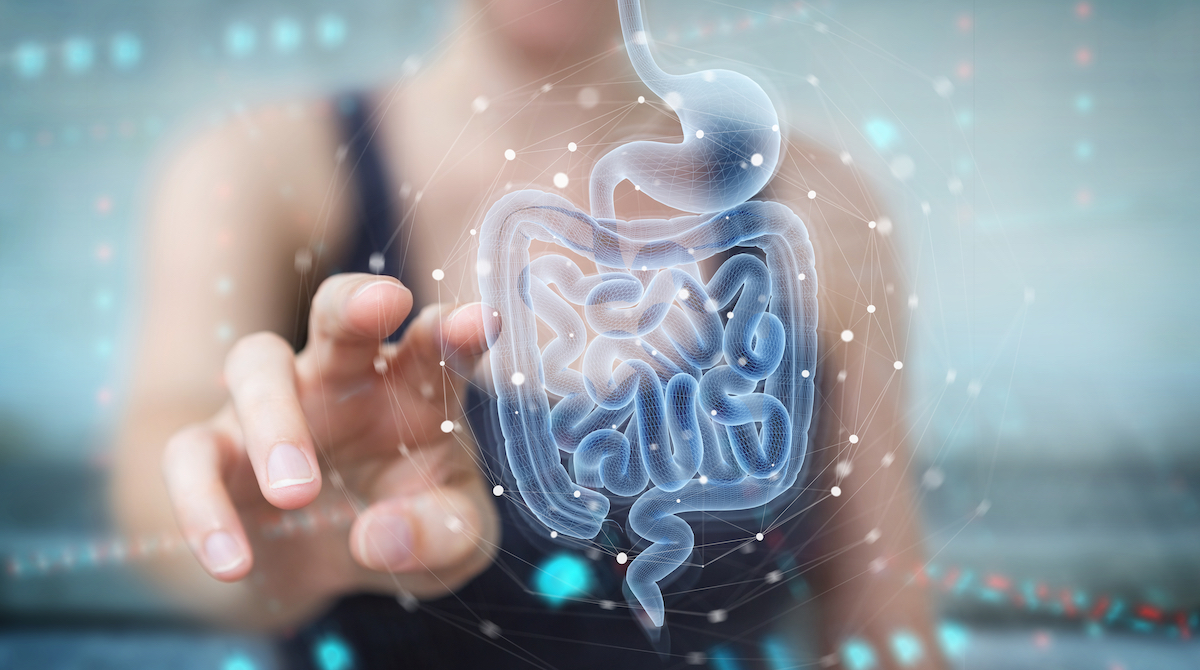
The gut-brain axis represents a dynamic and reciprocal connection between the central nervous system and the enteric nervous system. In this intricate interplay, the brain wields a direct influence over intestinal activities and the composition and function of the microbiota, while conversely, the gut exerts its impact on mood, cognition, and behavior. This bidirectional communication network relies on various signaling pathways, encompassing humoral, neural, endocrine, and immune signals. (1)
This concept is giving rise to a variety of applications, notably in the treatment of neuropsychiatric disorders. Indeed, pieces of evidence underscore the role of the microbiome and microbial substrates in both contributing to and modulating various neuropsychiatric conditions.
For example, the effects of probiotic consumption – where live microorganisms are consumed to restore or enhance gut microbiota – have been explored in a study in Korea, suggesting a positive effect on depression. However, researchers emphasize that probiotics should not be seen as a replacement for therapy but rather as a complementary approach to it. (2)
We at Lifency look forward to seeing the new applications resulting from research on the gut-brain axis!
Sources:
1.Carabotti M, Scirocco A, Maselli MA, Severi C. The gut-brain axis: interactions between enteric microbiota, central and enteric nervous systems. Ann Gastroenterol. 2015 Apr-Jun;28(2):203-209. PMID: 25830558; PMCID: PMC4367209.
2.Kim, C., & Shin, D. M. (2019). Probiotic food consumption is associated with lower severity and prevalence of depression : a nationwide cross-sectional study. Nutrition, 63‑64, 169‑174. https://doi.org/10.1016/j.nut.2019.02.007
